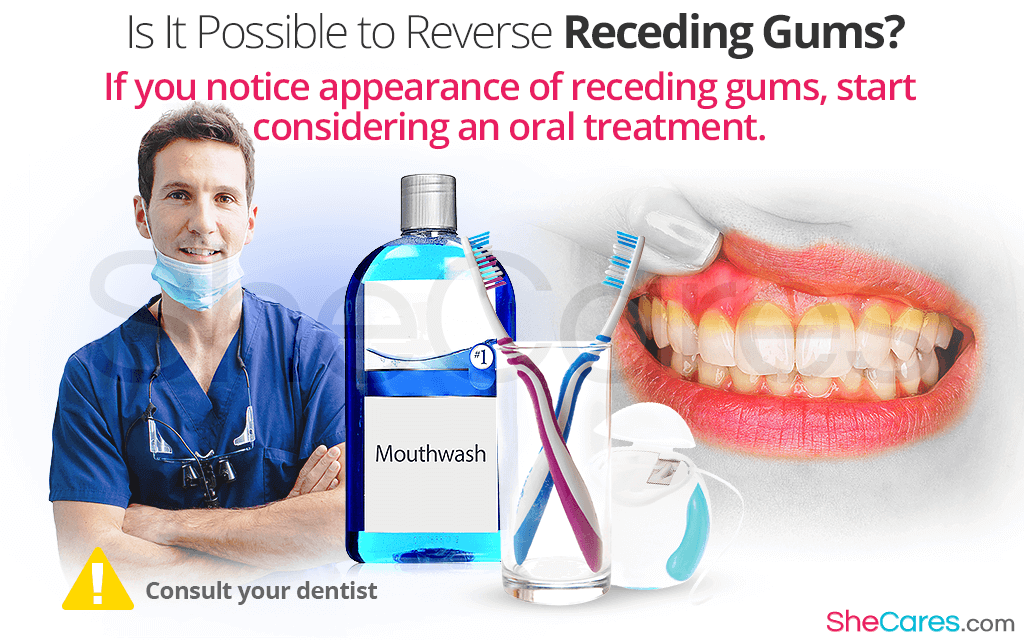Receding gums is a common problem among many women, but because it so often develops gradually, it can go unnoticed for a prolonged amount of time. While the significance of oral health is widely acknowledged, the sad fact is that so many do not pay adequate attention to the condition of their gums and teeth. This can be hugely detrimental to their overall state because any problems should be addresses as early as possible in order to decrease their consequences. A receding gum line is particularly important to look out for because this can be a sign of another issue.
Can My Oral Cleaning Regime Affect Gum Levels?
Good oral hygiene is necessary in order to help avoid gum disease and preserve the overall health of your teeth. Having said this, though, it is also important not to be too vigorous and forceful when brushing and flossing, as this can actually harm the state of your gums and might cause their recession. It is recommended that you use a soft-bristled brush twice a day, and take your time while gently cleaning them - the process should take around two minutes.You should also floss once a day to remove the harder-to-reach bacteria, but similarly, this should be carried out with care.
Does Gingivitis Cause Gum Recession?
The primary cause of receding gums is gum disease. In its early stages, this is referred to as gingivitis, but if left untreated, it can develop into periodontal disease. Both of these can cause severe damage to the gums - not only recession, but also swelling, bleeding, and even loss of teeth in extreme cases. Gingivitis is most often contracted due to poor oral hygiene - the bacteria that exist in plaque are allowed to grow and eventually infiltrate the gum tissue, and the resulting infection will cause impairment.
Can Receding Gums Be Hereditary?
Yes, it is possible to be at a higher risk of gum recession because of a hereditary predisposition to gum disease or inherited thin bodily tissues. Your biological makeup will influence your health in a number of ways, and unfortunately, having genetically-weak tissues means you are more vulnerable to damage - such as receding gums. This condition means the risk of gum disease is increased, and studies have shown that those whose parents have experienced gingivitis are themselves more likely to develop it throughout their lifetime.
Is it Possible to Reverse Receding Gums?
As soon as you notice a difference in the appearance of receding gums, it is recommended that you examine possible reasons, and if necessary, start considering treatment for receding gums straight away. As gum disease is the most common cause of this condition, often a more thorough oral cleaning regimen is enough to undo the presence of a receding gum line. However, if your experience is more severe, it might be necessary to acquire intervention from a dentist for a deep cleaning or possibly surgical treatment.
It can be helpful to be aware of what causes receding gums and some ideas on how it can be addressed so that if you are ever affronted with this condition, you are somewhat equipped to deal with it. It should be reassuring to know that in most cases, gum recession can be reversed, and overall oral health along with it.
